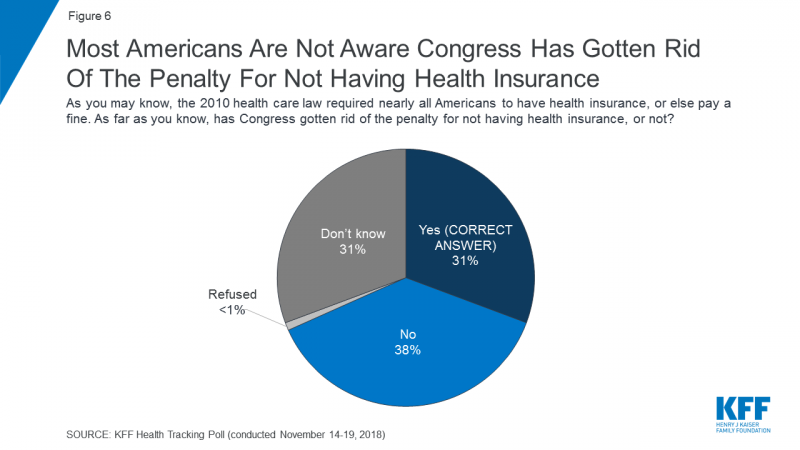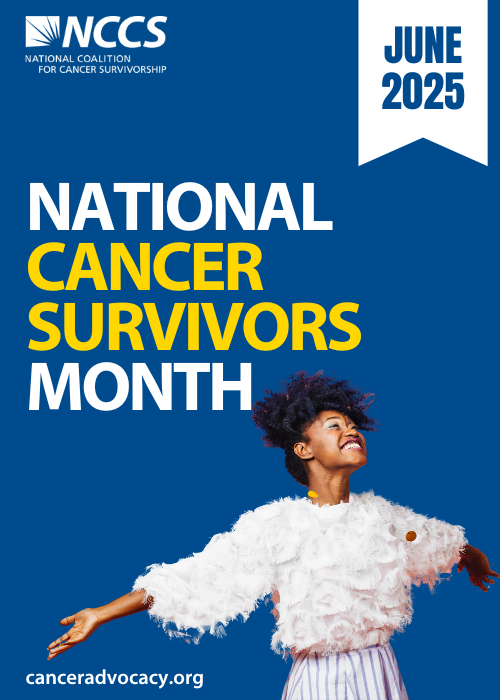Health Care Roundup: CMS Issues New Waiver Options to States to Undermine ACA; Open Enrollment Numbers Still Lag; Role of AI in Health Care; More
Your feedback is always welcome to make our content more useful to you. Please send comments to feedback@canceradvocacy.org.
Subscribe to our email list and receive these updates in your email box each week »
HEALTH CARE HIGHLIGHT
CMS Issues New Waiver Options to Undermine the Affordable Care Act
This week, the Centers for Medicare and Medicaid Services (CMS) released four new waiver concepts that would allow states to pursue alternatives to the ACA. This announcement follows recent CMS guidance that outlined broad authority to the states to design their health care systems through a waiver of key ACA requirements and provides states with more specific options for avoiding ACA standards.
The four concepts would allow states to:
- Redirect ACA subsidies to personal accounts
- Design their own subsidy program that deviates from the current ACA standards
- Direct ACA subsidies to purchase non-ACA compliant plans such as junk plans, or catastrophic plans
- Use waiver money to support risk stabilization through reinsurance or high-risk pools
This waiver guidance could have serious implications for people with cancer as it would encourage states to design systems that would deprive cancer patients of adequate and affordable insurance options. If junk plans become eligible for ACA subsidies, then ACA-compliant plans that include critical patient protections such as pre-existing conditions protections and essential health benefits would become unaffordable for many. By directing federal assistance to junk and other skimpy insurance plans, CMS is encouraging states to provide insurance options that will largely be inadequate for anyone newly diagnosed with cancer who need comprehensive insurance coverage.
NCCS will express its strenuous objections to the waiver guidance during the open comment period, even though the Trump Administration has made clear that it is moving ahead with the waiver plan even before the comment period ends. NCCS will collaborate with other organizations representing the needs of patients in efforts to block this most recent effort to undermine the ACA and the people with pre-existing conditions who are served by the ACA.
Read more about the implications in this Health Affairs article »
Read the full statement from NCCS about the waiver concepts »
CHART OF THE WEEK
KFF Tracking Poll – November 2018: Priorities for New Congress and the Future of the ACA and Medicaid Expansion
by Kaiser Family Foundation
The November Kaiser Family Foundation tracking poll contains a lot of interesting information. One example is the chart below, which shows that despite the fact that Congress repealed the penalty for not having health insurance last year, only 31% of respondents knew it.
IMPORTANT READS
ACA Sign-ups still trailing in fourth week of open enrollment
Modern Healthcare
(Free registration may be required to view article)
More than 2.4 million people signed up for coverage through HealthCare.gov in the first four weeks of the Affordable Care Act's sixth open enrollment, about 350,000 fewer than during the same period last year. While insurance exchange premiums for 2019 coverage are lower for many people across the nation, the absence of the individual mandate penalty next year and expanded availability of alternative coverage could be contributing to the slow-down in enrollment.
Is Trump Pushing Health Insurance Innovation Or An ACA Rollback?
Kaiser Health News
In announcing additional flexibility for states, CMS Administrator Verma stated that the ACA’s requirements were impossible for states to meet and said, “I’m confident states will come up with ideas that will work better.” Administrator Verma says that pre-existing conditions protections remain, but health policy experts point to concerns about bifurcating the insurance marketplace, raising rates for people with health needs who need more comprehensive coverage.
Medical devices for pain, other conditions have caused more than 80,000 deaths since 2008
STAT News
An investigation found significant patient harm, including more than 80,000 deaths, from medical devices. The report notes that with its medical device approval process, the Food and Drug Administration “puts people at risk by pushing devices through an abbreviated approval process, then responds slowly when it comes to forcing companies to correct sometimes life-threatening products.” The day after the investigation was published, the FDA announced plans to overhaul the medical device review and approval system.
Combating Cancer: How AI Will Revolutionize Healthcare
Fortune
Simone Song, a senior partner at venture capital firm Ori Healthcare, tells Fortune’s Global Tech Forum that she invests primarily in biotech firms dedicated to tackling cancer, particularly enterprises with an AI-focus.
Related Posts
https://canceradvocacy.org/nccs-news/nccs-strongly-objects-to-new-cms-waiver-options-that-seek-to-further-undermine-the-aca/
https://canceradvocacy.org/blog/health-care-roundup-nov-9-2018/





